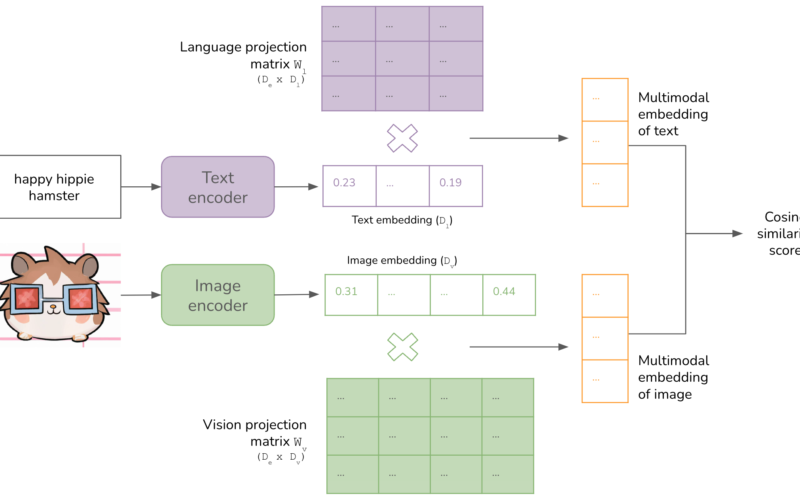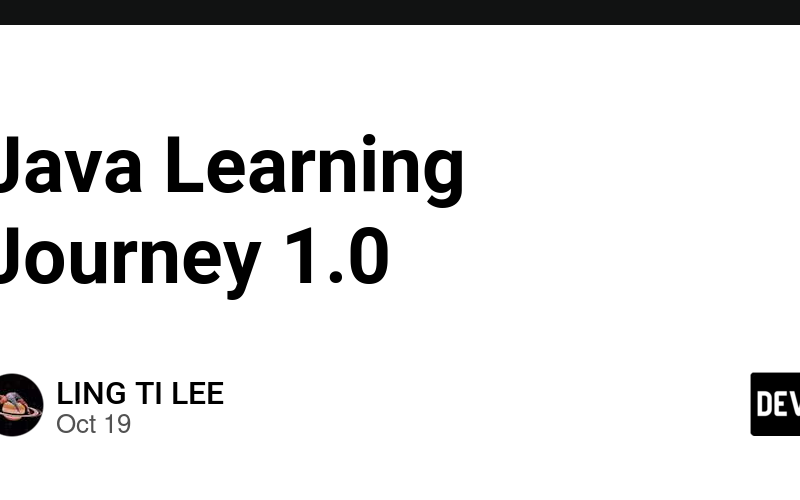21
Nov
1. Importância da reutilização de exceções padrão Exceções padrão tornam o código mais fácil de entender e familiar para outros programadores. Melhoram a leitura e o aprendizado da API. Reduzem o consumo de memória e o tempo de carregamento de classes. 2. Exceções padrão mais reutilizadas e seus usos típicos IllegalArgumentException: Usada quando um parâmetro possui um valor inadequado. Exemplo: public void setRepeatCount(int count) { if (count < 0) { throw new IllegalArgumentException("Count cannot be negative"); } this.count = count; } Enter fullscreen mode Exit fullscreen mode IllegalStateException: Lançada quando o estado do objeto não permite a operação. Exemplo: public…










